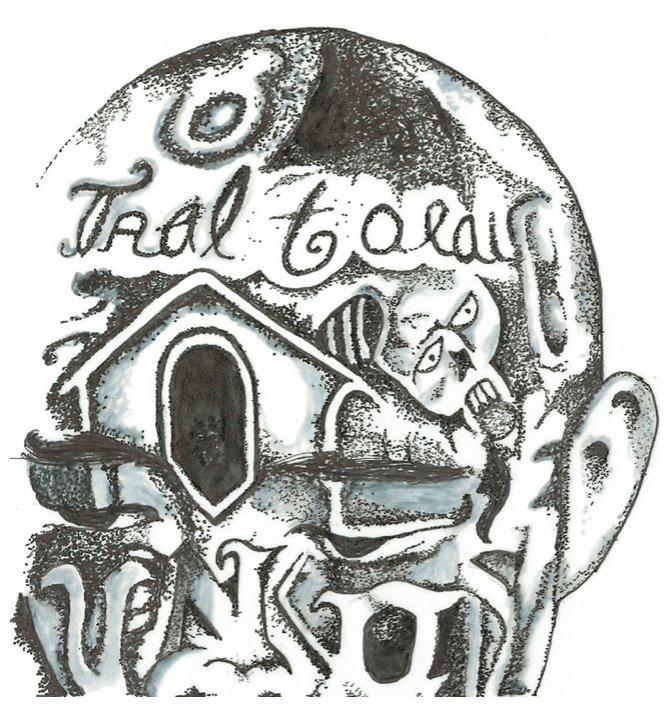
Inscribing the Criminal Skin: Underworld Aesthetics and the Flesh of Post-Liberal Futures in Honduras
Jon Carter, Appalachian State University
April 6, 2022 · 12:00 pm—1:20 pm · 219 Aaron Burr Hall
Program in Latin American Studies

Over the last thirty years in northern Central America, young people seeking an alternative to the exploitation of corporate globalization and the predation of neoliberal governmentality have established a sprawling network of “gangs,” or underground communities dedicated to survival by illicit means. While many scholars have highlighted the transnational continuity of these groups across national boundaries, the social and symbolic forms that link them are also shaped and made meaningful within the singularities of context. In Honduras, where US covert operations of the 1980s consolidated narcotrafficking cartels as a source of funding for the Contra war, understanding the proliferation of gang communities has also required understanding the historical imbrication of state and criminal power. In this talk Jon Carter will look back to the mid 2000s when gang tattooing in Honduras reached a peak, and young people across the country covered their bodies and faces in intricate tableaux of occult and satanic images. He asks how these dramatic compositions of skulls, demons, angels, and the symbolic ruins of underground communities of the past, so often dismissed as kitsch, might be understood politically — a refusal of the linguistic and conceptual conventions of late liberalism that instead addresses the crises of present through a critical and revanchist aesthetics recognizable as baroque.
Dr. Jon Carter is a sociocultural anthropologist interested in criminality, aesthetics, and politics. His research focuses on gang communities in northern Central America, and their reinvention of political subjectivity through the deconstruction of everyday notions of law, beauty, and violence. This work is the foundation for broader inquiries into the shifting moral and political embodiments that accompany the economic, environmental, and political crises of late liberalism in northern Central America and at the US/Mexico border. Currently, he is finalizing a book manuscript titled Gothic Sovereignty: Gangs and the Criminal Baroque in Honduras which examines the formation of gangs in Honduras in the aftermath of the contra war, the figure of the devil in gang tattooing, and the aesthetics of crime and policing in Tegucigalpa, the Honduran capital. He is also writing a second book on ethnographic methods, written as a handbook for both teachers and students engaged in field-based research. Dr. Carter’s work has been supported by the Wenner-Gren Foundation for Anthropological Research, Columbia University, Appalachian State University, and the Claassen Research Enhancement Award in the Appstate Department of Anthropology.
Moderator: Amelia Frank-Vitale, PLAS Postdoctoral Fellow, Princeton University
This lecture is being offered in-person for Princeton University ID holders only. Boxed lunches provided. Registration is required to attend.















